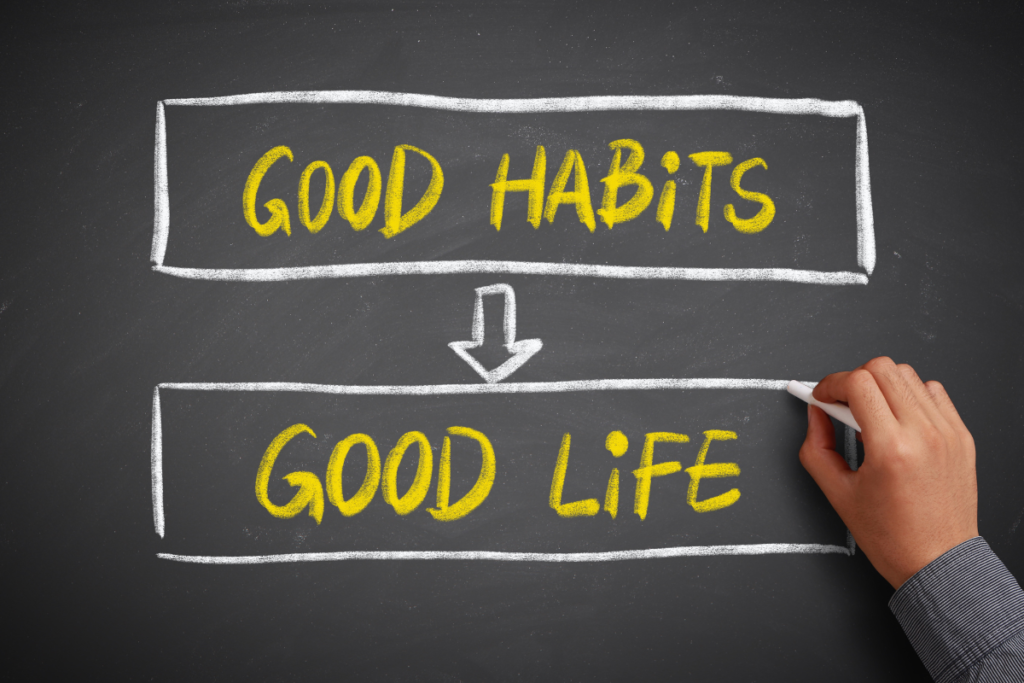
You’re likely no stranger to the idea that habits can be transformative. As we emerge from lockdown and seek to regain a sense of normalcy, many of us are working on reestablishing our regular routines. In this quest, sometimes it’s the smallest habits that pack the most significant punch.
The other day, I stumbled upon a podcast featuring a man who shared a rather peculiar habit: he does two push-ups every time he visits the bathroom. Now, doing push-ups in the bathroom might not be the most practical idea (perhaps right outside the bathroom is a better spot!), but the underlying principle was solid.
This man, BJ Fogg, is more than just a push-up enthusiast. He’s a Stanford behavioral scientist who specializes in studying how people form routines and change habits. His two push-up habit served as a catalyst for a series of “tiny” but profoundly healthy changes in his life. The result? A remarkable weight loss of over 20 pounds in just a few months.
BJ Fogg’s journey into the world of tiny habits led to the creation of his book aptly titled “Tiny Habits.” In it, he outlines a formula for making these small changes so automatic that you don’t even have to think about them:
“Behavior (B) happens when Motivation (M), Ability (A), and a Prompt (P) come together at the same time.”
Let’s break down this formula:
1. Motivation: You have to genuinely WANT to make a change for it to stick. If you merely feel like you SHOULD change but lack genuine enthusiasm, it’s unlikely to become a habit. However, sometimes you might need to give a new habit a try before you become truly passionate about it. Once you start feeling the positive results, your motivation will naturally increase.
2. Prompt: A prompt is a reminder to perform the behavior. It can be something as simple as opening the refrigerator door, setting an alarm on your phone, or using a reward system. For instance, you might decide that before checking your phone, you need to complete five squats. The prompt serves as a trigger to initiate the behavior.
3. Ability: Not only should you be physically capable of performing the behavior, but you also need to have the time and space to do it. In this context, doing five squats is much more manageable and time-efficient than running a mile.
Over time, applying this formula leads to the development of habits that can last a lifetime. One of the most appealing aspects of this approach is its attainability. BJ Fogg set the bar low initially, opting for just two push-ups. This removes the dread factor that often accompanies major lifestyle changes.
From this humble starting point, he gradually built up his habits, adding or modifying behaviors as they occurred to him. Eventually, he had created dozens of small, reflexive changes in his daily life, resulting in substantial improvements in his overall well-being.
The takeaway here is that when it comes to habits, size doesn’t always matter. Small, consistent actions can lead to significant, lasting changes in your life. So, why not start with something tiny today and watch it grow into a lifelong habit that transforms your well-being?
Make it an amazing day,
Keith, Michelle & More Team
REFERENCES:
www.insider.com/stanford-researcher-bj-fogg-weight-loss-push-ups-routine-2020-1
